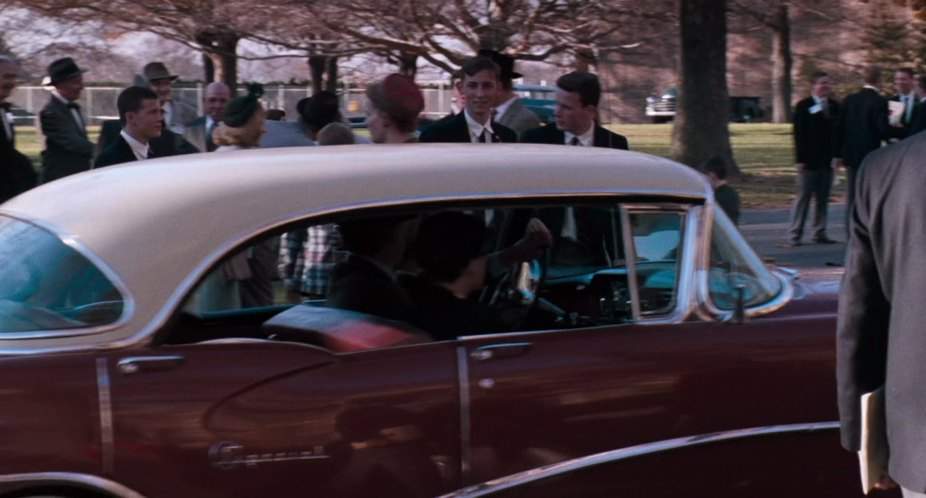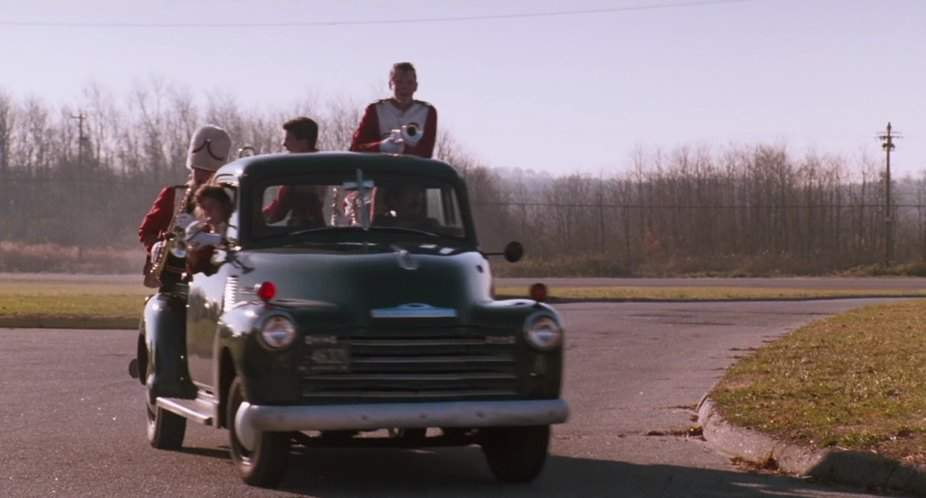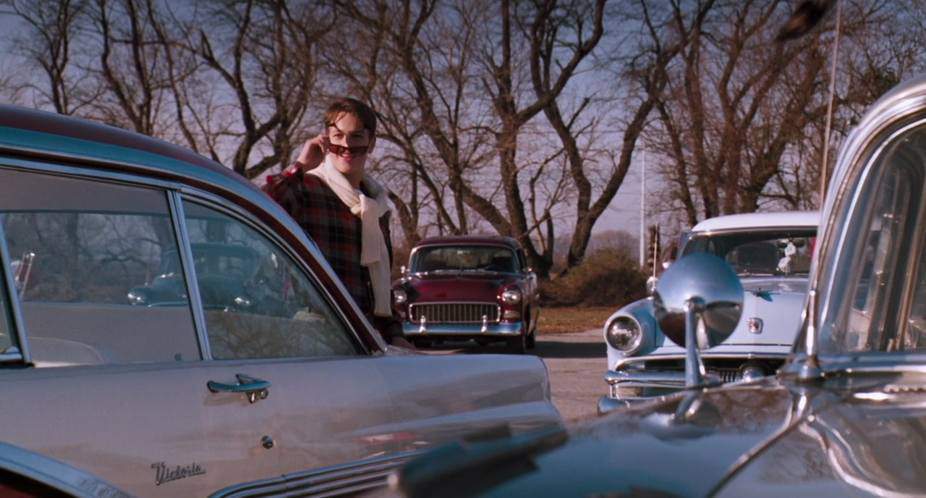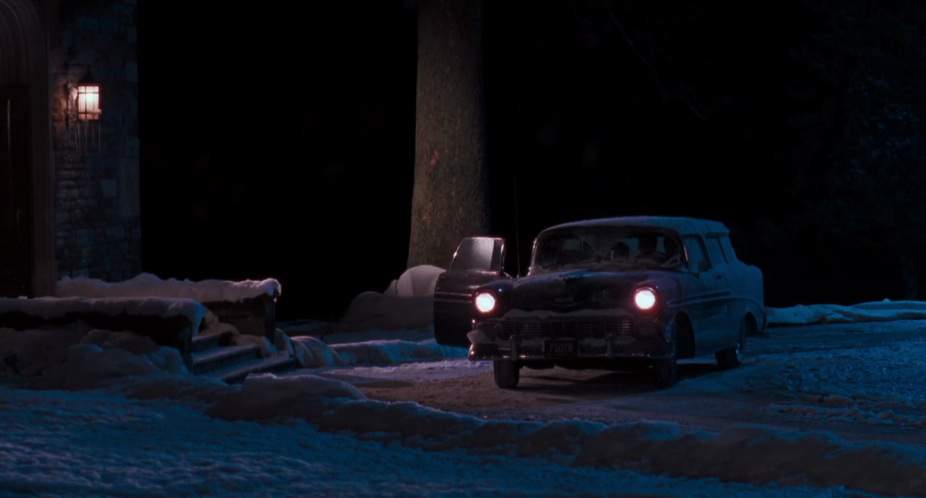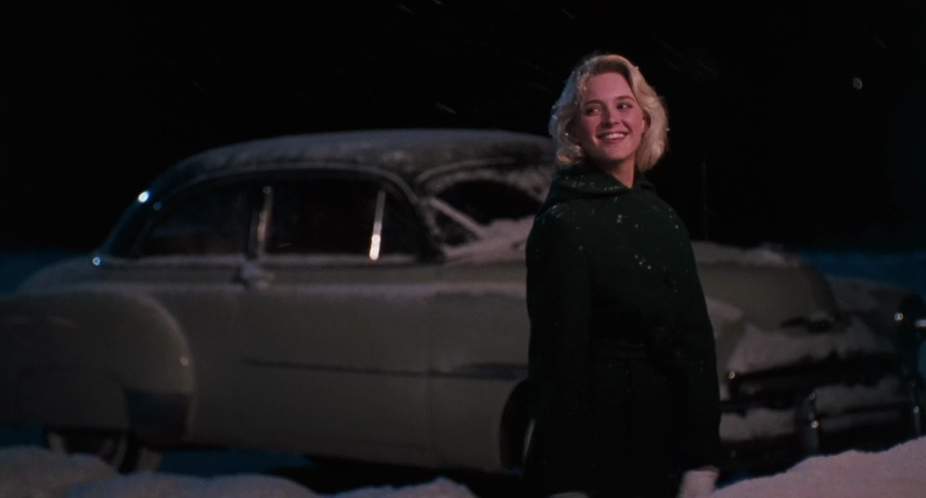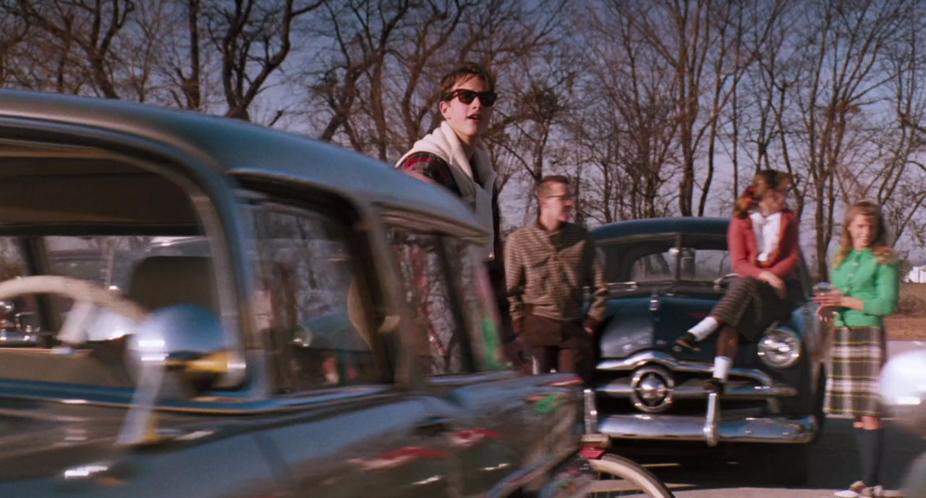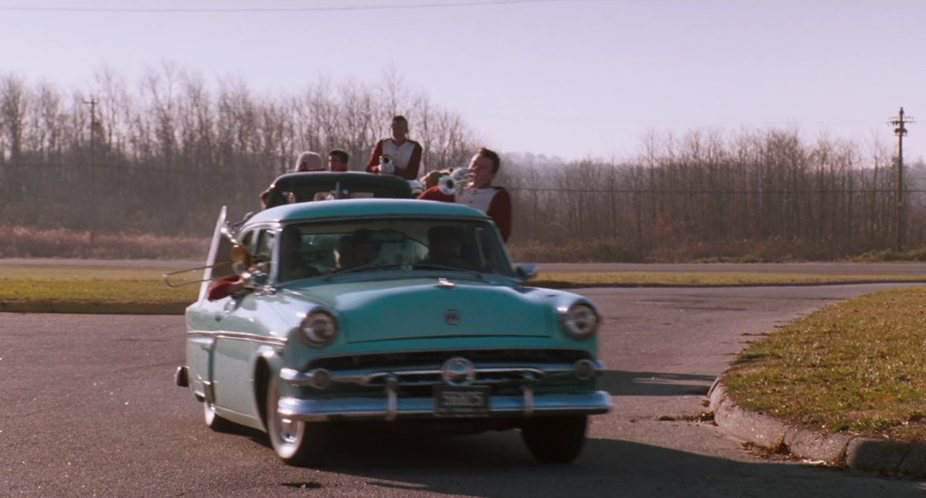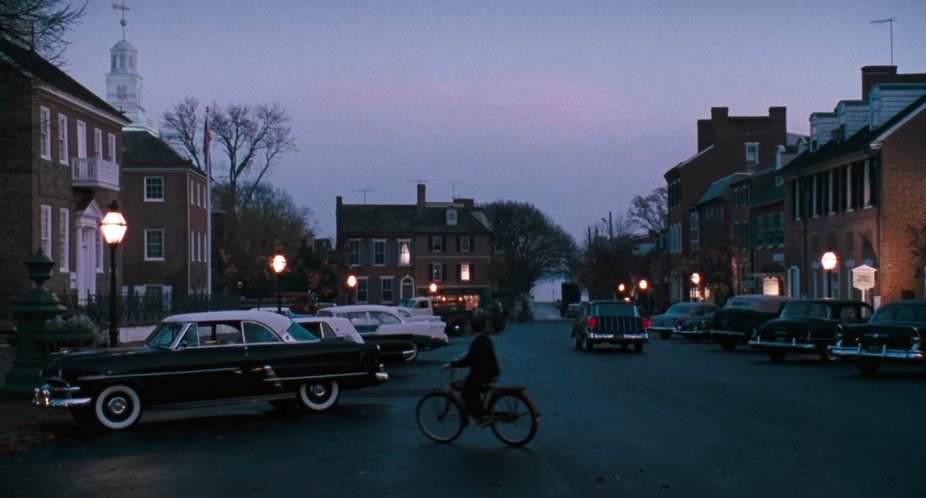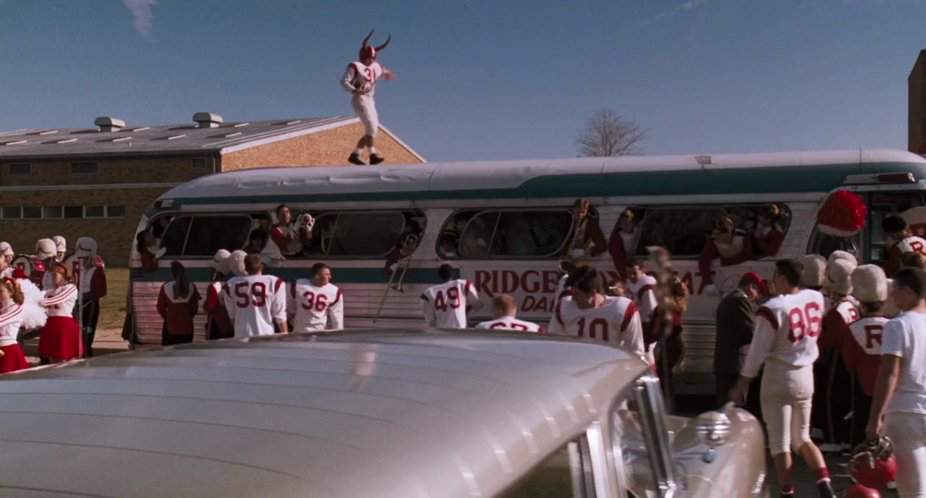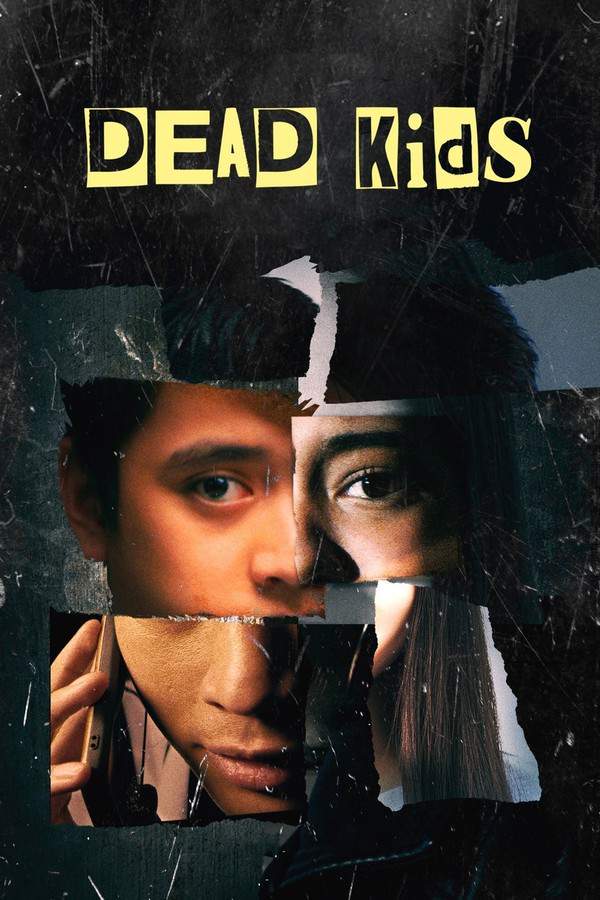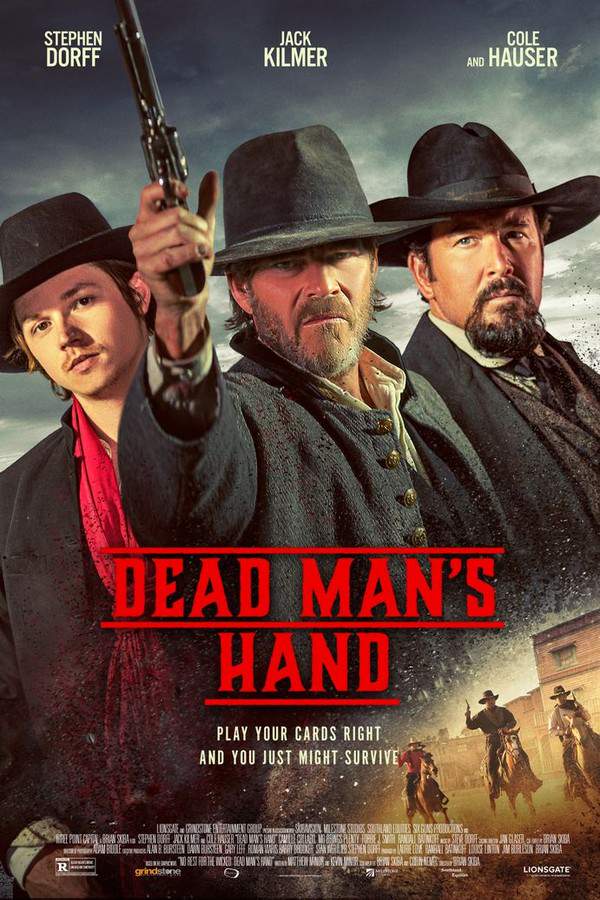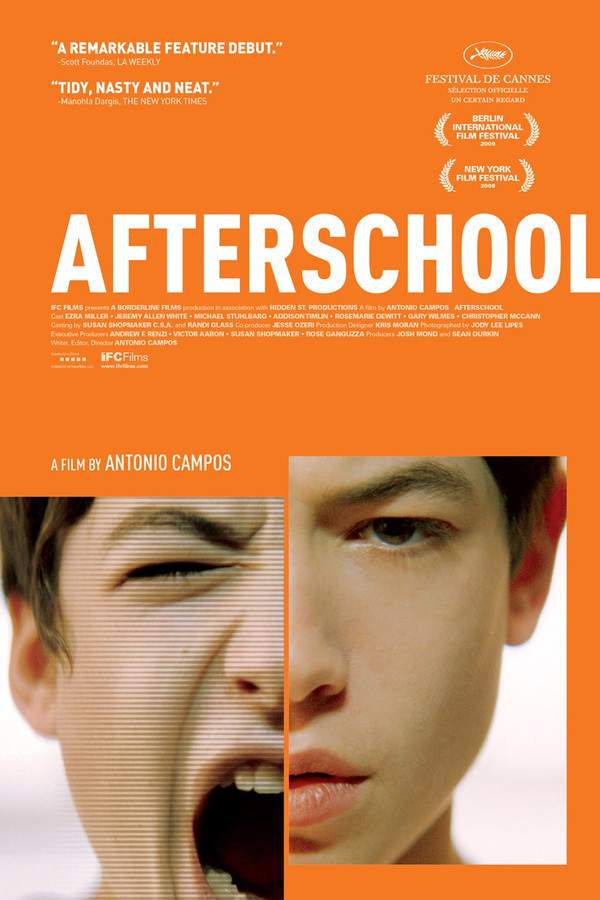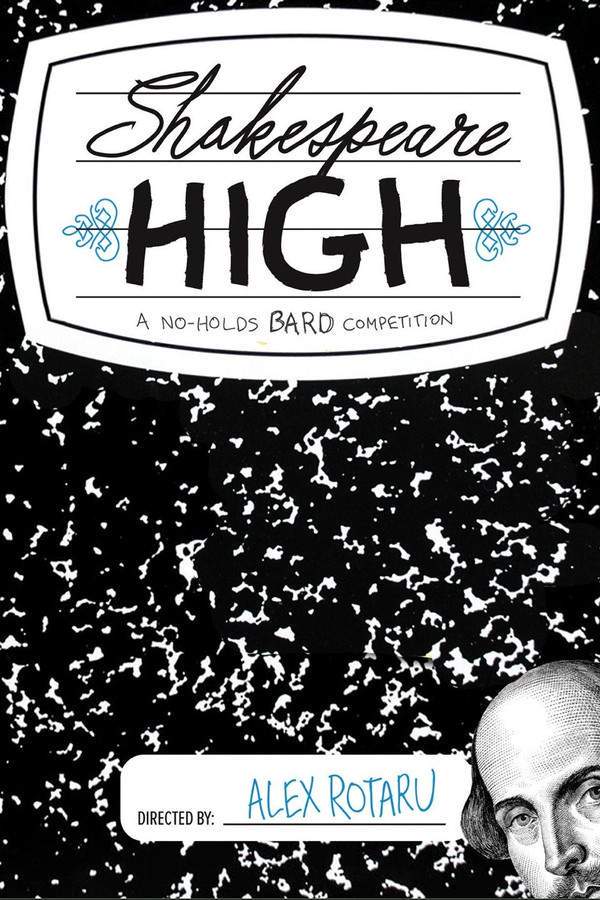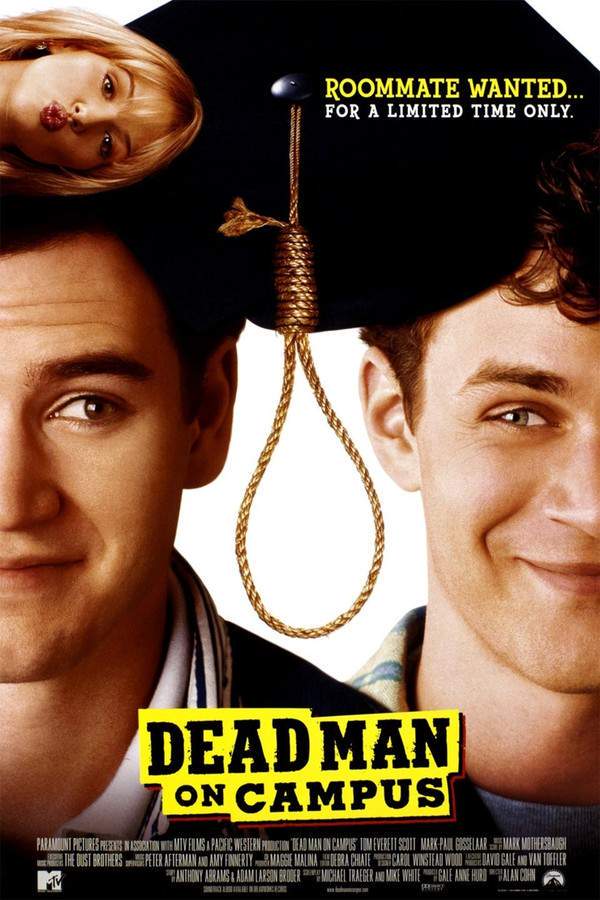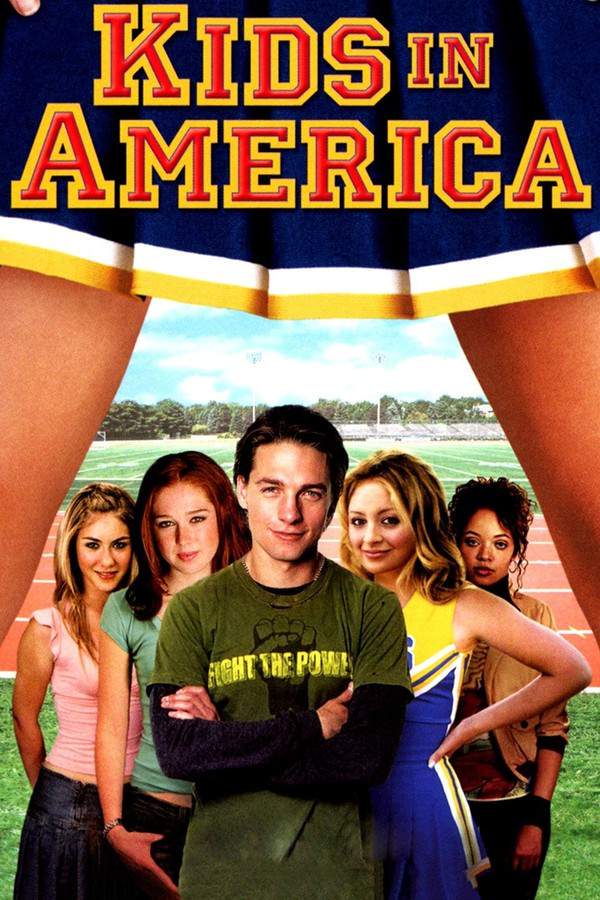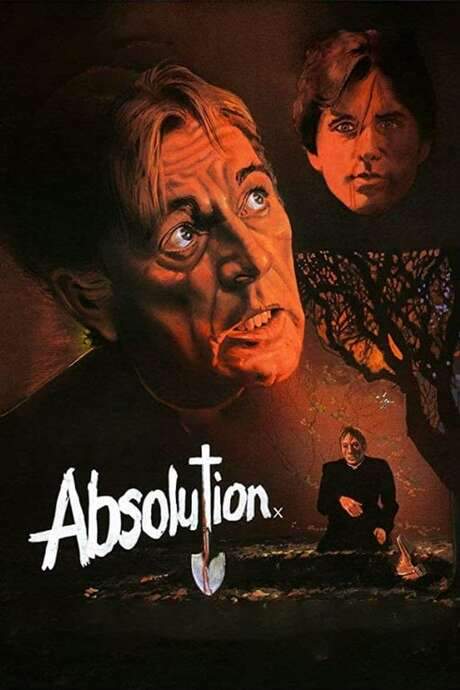Dead Poets Society 1989
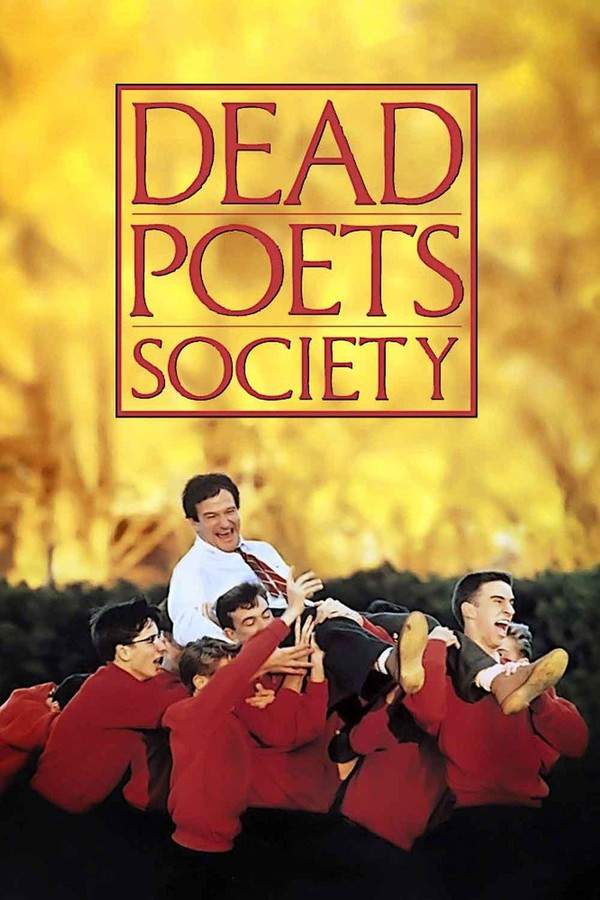
At a prestigious, conservative boarding school, a new English teacher, John Keating, inspires his students to challenge authority and embrace their passions. Encouraging them to make their lives extraordinary, Keating's unconventional methods lead them to form a secret society and re-evaluate their values. As they grapple with familial expectations and the pursuit of their dreams, the students confront the complexities of adolescence and the importance of living authentically.
Does Dead Poets Society have end credit scenes?
No!
Dead Poets Society does not have end credit scenes. You can leave when the credits roll.
Meet the Full Cast and Actors of Dead Poets Society
Explore the complete cast of Dead Poets Society, including both lead and supporting actors. Learn who plays each character, discover their past roles and achievements, and find out what makes this ensemble cast stand out in the world of film and television.
External Links and Streaming Options
Discover where to watch Dead Poets Society online, including streaming platforms, rental options, and official sources. Compare reviews, ratings, and in-depth movie information across sites like IMDb, TMDb, Wikipedia or Rotten Tomatoes.
Ratings and Reviews for Dead Poets Society
See how Dead Poets Society is rated across major platforms like IMDb, Metacritic, and TMDb. Compare audience scores and critic reviews to understand where Dead Poets Society stands among top-rated movies in its genre.

79
Metascore
8.3
User Score


85%
TOMATOMETER

92%
User Score

83
%
User Score
Take the Ultimate Dead Poets Society Movie Quiz
Challenge your knowledge of Dead Poets Society with this fun and interactive movie quiz. Test yourself on key plot points, iconic characters, hidden details, and memorable moments to see how well you really know the film.
Dead Poets Society Quiz: Test your knowledge on the themes, characters, and events of the iconic 1989 film 'Dead Poets Society'.
What teaching method does John Keating use to inspire his students?
Traditional lectures
Unconventional methods
Group discussions
Online learning
Show hint
Awards & Nominations for Dead Poets Society
Discover all the awards and nominations received by Dead Poets Society, from Oscars to film festival honors. Learn how Dead Poets Society and its cast and crew have been recognized by critics and the industry alike.
43rd British Academy Film Awards 1990
Best Film

Best Editing
Best Original Music
42nd Directors Guild of America Awards 1990

47th Golden Globe Awards 1990
Best Motion Picture – Drama

Full Plot Summary and Ending Explained for Dead Poets Society
Read the complete plot summary of Dead Poets Society, including all major events, twists, and the full ending explained in detail. Explore key characters, themes, hidden meanings, and everything you need to understand the story from beginning to end.
As Todd Anderson embarks on his junior year at Welton Academy, an esteemed Episcopalian boarding school nestled in Vermont, he finds himself among a distinguished group of peers, including his lively roommate, Neil Perry. This first interaction sets off a transformative journey that significantly alters the trajectories of their lives.
The arrival of the unconventional English teacher, John Keating, a Welton graduate with a Cambridge background, serves as a turning point for the students. Keating’s approach to education—championing the idea of carpe diem and celebrating individuality—urges his students to question traditional norms. His unique methods, such as having them stand on their desks and tearing pages out of poetry books, foster an environment brimming with creativity and self-expression.
While Keating’s teaching style captivates many students, it also raises eyebrows among the school’s administration, particularly for the stern headmaster, Gale Nolan. Inspired by Keating’s lessons, Neil takes the bold step of reviving the long-dormant Dead Poets Society, reigniting a spirit of defiance reminiscent of past generations.
As the club evolves, its members enter a realm of personal exploration and empowerment. Knox Overstreet finds himself infatuated with Chris Noel, a local cheerleader connected to the Welton community. In parallel, Neil pursues his newfound love for acting and secures the role of Puck in a local rendition of A Midsummer Night’s Dream, directly opposed to his father’s strict insistence that he prepare for a career in medicine at Harvard.
Keating becomes a crucial influence in Todd’s journey, helping him transition from a timid observer to a budding creative voice. Through engaging exercises in self-expression, Todd eventually finds the courage to write and share a poem before his class.
In a twist of events, Charlie Dalton’s publication of an audacious article in the school newspaper, advocating for female admission at Welton, ignites a series of repercussions that jeopardize the club’s existence. When Nolan pressures Charlie to betray his peers by naming the other Dead Poets members, Charlie stands firm, but Keating warns him about the consequences of such bold actions.
As the climax approaches with Neil’s final performance, his father’s abrupt revelation of Neil’s involvement in the play leads to a volatile confrontation. Neil’s father demands he abandon both the production and his studies at Welton. Keating, steadfast in his guidance, encourages Neil to assert his passion for acting, recognizing that this moment could define his commitment. Tragically, the fallout from this confrontation results in Neil being forced out of Welton and sent to military school, leaving him isolated and unable to voice his emotions to his father, which ultimately drives him to despair.
After Neil’s tragic passing, Nolan is pressured to investigate the factors leading to this heartbreaking event, uncovering the huge toll that Keating’s dedication has taken on his students. Amid the investigation, Cameron, feeling culpable, attempts to shift blame onto Keating by exposing the identities of the Dead Poets Society members. Confronted by Charlie about his treachery, Cameron’s lack of integrity is starkly evident, leading to Charlie’s expulsion after a fierce altercation.
Each boy faces Nolan’s demands to confirm Cameron’s false statements, putting Todd in a distressing position: torn between loyalty to Keating and the overwhelming pressure to please his parents. Ultimately, Todd succumbs, signing the letter, a choice that brings dire consequences for Keating.
When Nolan takes over Keating’s class, enforcing his stringent views of traditional education, the atmosphere becomes stifling. Keating, embodying hope, makes a final appearance to collect his belongings. It is here that Todd, revealing the manipulation that led them to betray their friend, takes a stand. Nolan’s intimidating warning echoes as Keating exits, cautioning that any further dissent will meet harsh retribution.
In a moment of powerful defiance, Todd climbs onto his desk and declares “O Captain! My Captain!” One by one, his fellow Dead Poets Society members join him, symbolizing the everlasting influence of Keating’s passion and commitment. As he leaves, Keating’s eyes reflect gratitude, knowing that even in the darkest times, the spark of creativity and individuality remains a resilient force, inspiring future generations to rise against conformity.
Uncover the Details: Timeline, Characters, Themes, and Beyond!

Coming soon on iOS and Android
The Plot Explained Mobile App
From blockbusters to hidden gems — dive into movie stories anytime, anywhere. Save your favorites, discover plots faster, and never miss a twist again.
Sign up to be the first to know when we launch. Your email stays private — always.
Watch Trailers, Clips & Behind-the-Scenes for Dead Poets Society
Watch official trailers, exclusive clips, cast interviews, and behind-the-scenes footage from Dead Poets Society. Dive deeper into the making of the film, its standout moments, and key production insights.
Cars Featured in Dead Poets Society
Explore all cars featured in Dead Poets Society, including their makes, models, scenes they appear in, and their significance to the plot. A must-read for car enthusiasts and movie buffs alike.
Dead Poets Society Themes and Keywords
Discover the central themes, ideas, and keywords that define the movie’s story, tone, and message. Analyze the film’s deeper meanings, genre influences, and recurring concepts.
Dead Poets Society Other Names and Titles
Explore the various alternative titles, translations, and other names used for Dead Poets Society across different regions and languages. Understand how the film is marketed and recognized worldwide.
Similar Movies To Dead Poets Society You Should Know About
Browse a curated list of movies similar in genre, tone, characters, or story structure. Discover new titles like the one you're watching, perfect for fans of related plots, vibes, or cinematic styles.
Quick Links: Summary, Cast, Ratings, More

What's After the Movie?
Not sure whether to stay after the credits? Find out!
Explore Our Movie Platform
New Movie Releases (2025)
Famous Movie Actors
Top Film Production Studios
Movie Plot Summaries & Endings
Major Movie Awards & Winners
Best Concert Films & Music Documentaries
Movie Collections and Curated Lists
© 2025 What's After the Movie. All rights reserved.















